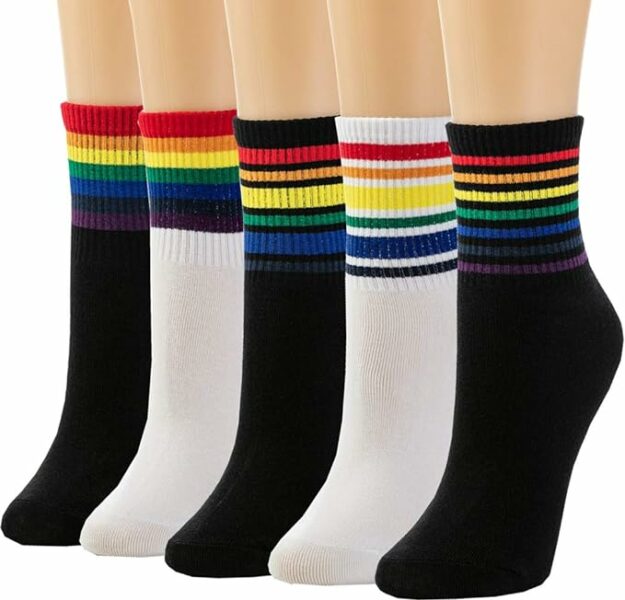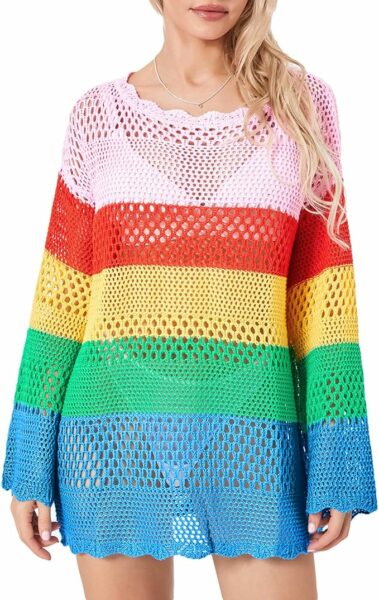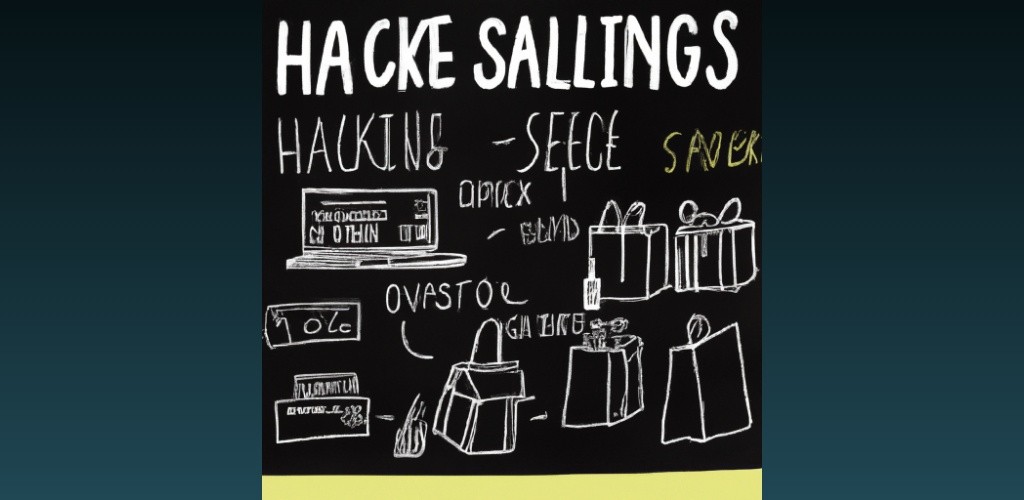Don't miss the Amazon Live Deals offer - OFFER!
Don't miss the Amazon Live Deals offer - OFFER!
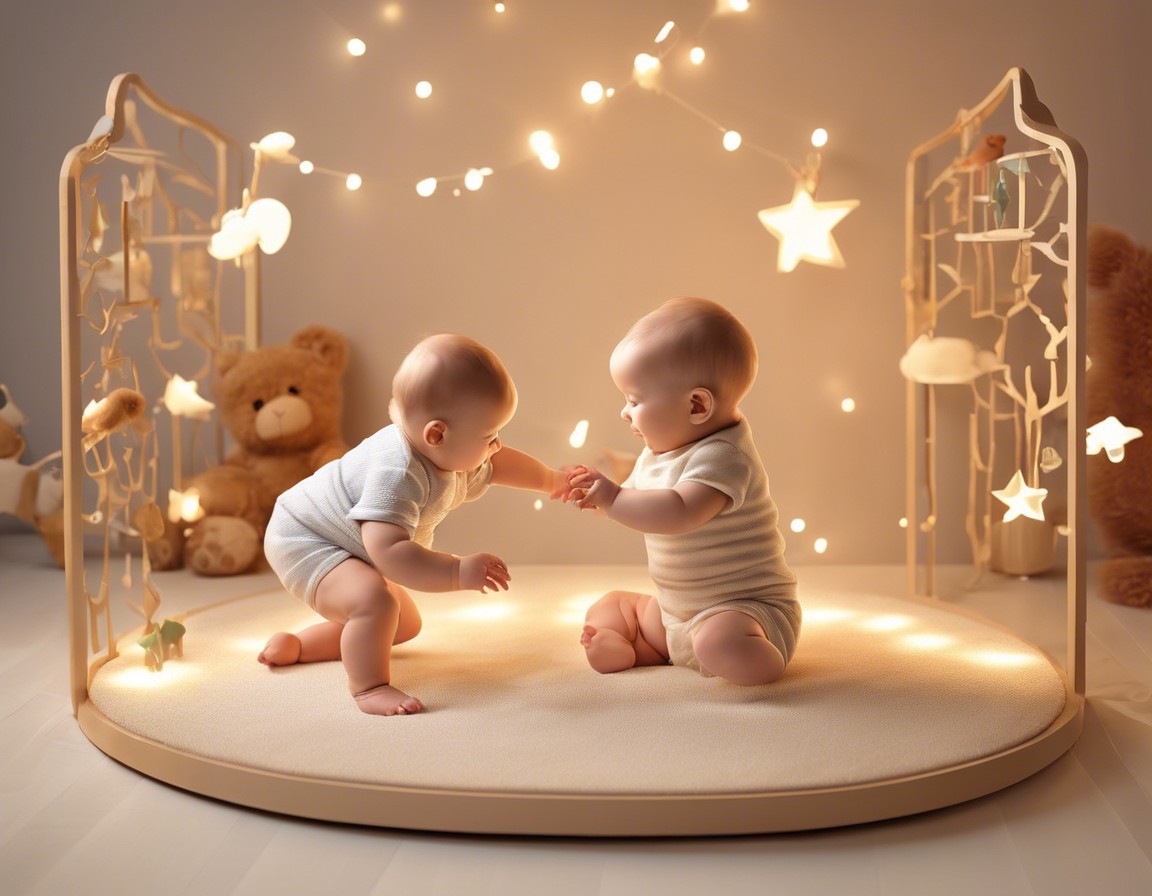
A Journey of Marvelous Baby Milestones: Celebrating Your Baby’s First Year
Watching your child grow and achieve important milestones is an exciting and rewarding experience for every parent. These significant developmental markers, known as baby milestones, provide a glimpse into your baby’s ever-evolving abilities and can help you track their progress. In this blog post, we will explore the concept of baby milestones and their vital role in your little one’s growth and provide a comprehensive guide to some of the most noteworthy milestones in your baby’s first year.
Introduction:
Bloom & Bear Monthly Baby Milestone Blanket Set
As parents, we always want to cherish and celebrate every milestone our little ones achieve. From their first smile to their first step, these moments are incredibly precious and deserve to be remembered forever. That’s where the Bloom & Bear Monthly Baby Milestone Blanket Set and Milestone Card Set come into play, allowing you to record your newborn’s first-year memories in style.
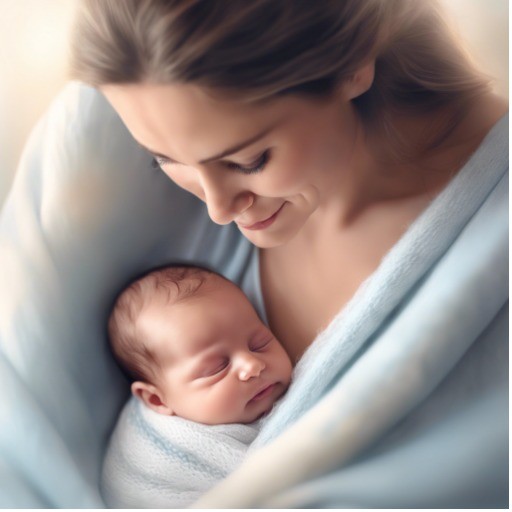
Why Baby Milestones Matter:
Baby milestones are a range of skills and abilities babies typically acquire within predictable age ranges. These milestones act as building blocks for future development, indicating that your child is progressing as expected. Observing these milestones can provide valuable insights into their overall health, cognitive abilities, and physical development. Recognizing and celebrating these milestones reassures parents and aids healthcare professionals in the early identification of potential developmental issues.
Rolling Over:
One of the earliest milestones to look out for is when your baby rolls over. This usually occurs between three to six months of age. Rolling over signifies improved strength and muscle control in their neck, back, and core, as well as the development of their sense of balance. Encourage your baby’s progress by providing enough tummy time to strengthen their muscles and promote exploration.
Crawling:
Around six to ten months, many babies begin crawling, an achievement that opens up a new world for them to explore. Crawling enhances their upper body strength and coordination skills and spurs their curiosity. Some babies may skip crawling altogether and opt for other forms of mobility, such as bottom shuffling or scooting. Every baby is unique, so embrace their journey of reaching each milestone.
Teething:
Although not a motor skill, teething is a significant milestone in your baby’s first year. Most babies begin teething around six months, although it can vary widely. To soothe teething discomfort, provide teething toys or chilled, soft foods. Remember, their first tooth is a delightful moment to capture and celebrate!
Standing and Cruising:
Around eight to twelve months, your baby will often start pulling themselves up to stand, using furniture or other objects for support. This precursor to walking helps to strengthen their leg muscles and improve their balance. Shortly after, they may begin cruising by holding onto furniture and taking small steps while maintaining balance. Remember to ensure your baby has a safe environment to explore during this stage.
Walking:
One of the most eagerly anticipated milestones is when your baby takes their first independent steps. On average, babies begin walking between nine and twelve months, although some may start earlier or later. It’s important to note that each child follows a unique timeline, and there’s no need to be overly concerned if your baby takes a bit longer. Encourage their progress by providing opportunities for practice and support.
Visual Aid:
To better visualize the typical age range when milestones occur, consult the chart below. (Include an appealing chart or infographic displaying the average age range for each milestone).
Real Stories:
Hearing stories from fellow parents who have experienced the same journey is always comforting. Here are a couple of real-life anecdotes to put things into perspective:
– “My little one started crawling a bit later than anticipated at around nine months. We were a little concerned, but my baby girl eventually caught up and started cruising around ten months. Remember, every baby moves at their own pace!”
– “Our son took his first steps at ten months and walked confidently by eleven months. We were in awe! However, a friend’s child took longer and started walking at fifteen months. It’s crucial to appreciate that each baby has their timing.”
Embracing Your Baby’s Unique Journey:
As parents, it’s important to remember that milestones are merely guidelines and that every child develops at their own unique pace. Avoid comparing your baby’s progress with others, which can add unnecessary pressure and worry. Instead, support and celebrate each newfound skill, regardless of when it occurs. Remember, every child has an incredible journey, and with your love and guidance, they will reach each milestone in their own time.
Conclusion:
Understanding and celebrating your baby’s milestones is a remarkable and joyous part of parenthood. These milestones provide valuable insights into their growth and a testament to their resilience and thriving development. Look for these important markers, seek guidance when necessary, and embrace the wonders of your child’s unique journey.
FAQs
Recap
As parents, it’s important to understand how baby milestones got their name and a bit of their history. Baby milestones are significant developmental markers that track a baby’s growth and progress during the first year of life. These milestones were named as such because they symbolize the important steps and achievements babies reach as they navigate their early stages of development. By celebrating these milestones, we acknowledge each child’s incredible journey and the marvellous accomplishments they make along the way.
Understanding the origin and significance of baby milestones is crucial for parents. These developmental markers represent infants’ remarkable progress and achievements during their first year. By recognizing and celebrating these baby milestones, we honour the incredible growth and development that each child experiences. It is a testament to their resilience and the wonders of their unique journey. Embrace the joy of witnessing your baby’s growth and seek guidance whenever needed.

